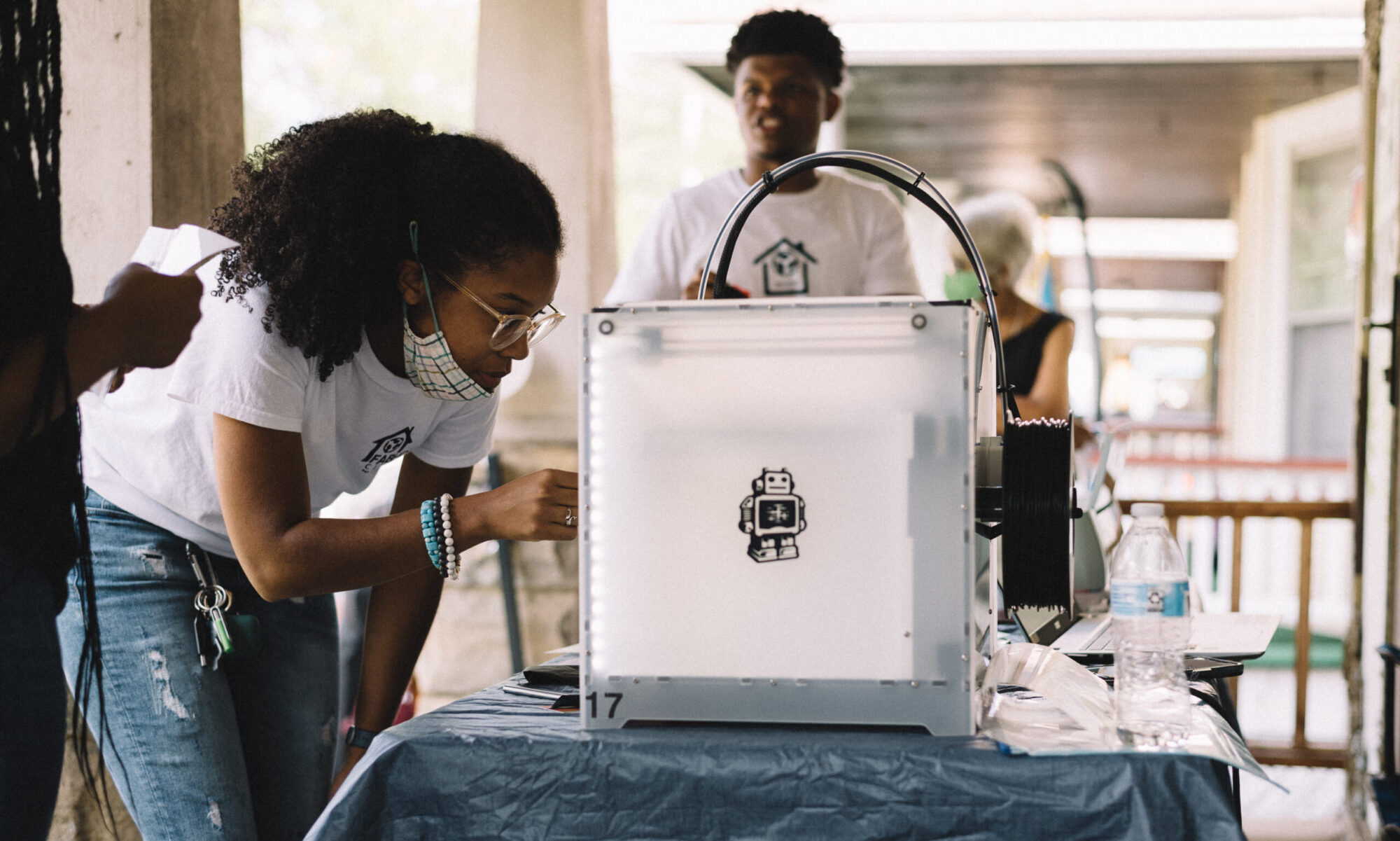
In fact, several adverse health effects have been related to energy drink; this has raised the question of whether these beverages are safe. This review was carried out to identify and discuss the published articles that examined the beneficial and adverse health effects related to energy drink. It is concluded that although energy drink may have beneficial effects on physical performance, these products also have possible detrimental health consequences. Marketing of energy drinks should be limited or forbidden until independent research confirms their safety, particularly among adolescents.
- Substance abuse, including alcoholism, can qualify as a serious health condition under the FMLA if an eligible employee seeks treatment involving “inpatient care” or “continuing treatment” by a healthcare provider.
- Some companies openly offer alcohol to employees as a perk and even designate a day of the week for all employees to have a teambuilding or celebratory drink.
- Surveys indicate a considerable percentage of employees feel compelled to drink when coworkers or superiors do, linking alcohol consumption with improved work relationships (CNBC).
- According to a new study conducted by American Addiction Centers and Alcohol.org, the average American worker spends more than $3,000 per year on after-work drinks.
- A treatment center will attempt to verify your health insurance benefits and/or necessary authorizations on your behalf.
Tips for Retaining Employees During Addiction Treatment
Inpatient treatment involves living on-site at the detox or rehab facility, an approach that keeps patients in a healing environment and allows for better monitoring and treatment. Moreover, hobby clubs within the workplace foster camaraderie and creativity and are instrumental in promoting overall well-being. They allow employees to connect on a personal level, which can lead to stronger connections and a supportive environment. Moreover, social activities that don’t involve alcohol, such as playing frisbee in the park or joining a hobby club, can foster connections and relaxation without the negative effects =https://ecosoberhouse.com/ of drinking.
The 5 Risks of Drinking After Work

Lost productivity due to alcohol use costs the UK economy more than £7 billion annually, and an estimated 167,000 working years are lost to alcohol every year. People may attend work hungover or still be under the influence from the night before, consume alcohol before work or during the day, or their work may be affected by health problems resulting from drinking. This only increases the effects of alcohol on the body and shortens your night. And an employee struggling with alcoholism can cause real, impactful ripple effects throughout an organization. Missed work and health problems arising from alcohol misuse can cause economic harm to workplaces because of reduced productivity and insurance costs. The key to reducing alcohol misuse in the workplace is to avoid waiting until something goes wrong before acting.
Treatment Programs
It helps them to feel more confident and able to have a potentially difficult conversation about alcohol. Many people – and companies – worry that talking about alcohol may make them seem a bit of a party pooper or antisocial and will upset their workforce. But handled well and with the right framing, these conversations can be engaging, fun and extremely positive. It is widely acknowledged that we live in an alco-centric society where alcohol plays a central role in many of our lives. We use it to celebrate the good times, commiserate the bad times, to socialise, to wind down and sometimes just to try to cope.
Mental Health Risks of Regular After-Work Drinking
- The Substance Abuse and Mental Health Services Administration (SAMHSA) collects data on alcohol use in the workplace, revealing insights into heavy drinking patterns among full-time workers.
- Exploring the relationship between alcohol use and mental health disorders reveals a complex interaction where one can significantly impact the other.
- From its origins in religious ceremonies and economic transactions to its role in modern workplace culture, alcohol consumption has been a significant part of human societies.
Employees who may be in recovery or simply choose not to drink might feel uncomfortable in an environment where alcohol is abundant. Even worse, those same employees may feel pressured to attend such an event out of fear of repercussions, being ostracized from further events, or being viewed differently by peers. Activities such as escape rooms or themed dinners will be much more inviting and accessible to all employees. Engaging in physical activity after a workday offers a multitude of benefits that extend far beyond the immediate release of stress.

How the Workplace Can Help Employees Struggling With Alcohol Addiction
Instead of relying solely on after-work drinks, consider exploring alternative ways to unwind and socialize what is alcoholism with colleagues. Activities such as team sports, group dinners, or participating in wellness programs promote healthy interactions while keeping physical and mental well-being in mind. After-work drinks not only serve as a means of relaxation but also as a way to foster relationships and strengthen team dynamics.


While these are common symptoms for most, Jack said this has not been his experience with the disease. He acknowledged how lucky he is to have had drinking after work MS without “any huge problems with it over the years.” This material may not be published, broadcast, rewritten, or redistributed. If you can, please show your appreciation for our free content by donating whatever you think is fair to help keep TLE growing and support real, independent, investigative journalism.

Each offers different forms of treatment, such as medications, behavioral therapy, and support systems, tailored to individual needs. NIAAA provides resources, including a treatment facility locator and mutual-support groups like Alcoholics Anonymous (AA) and SMART Recovery. Getting help for alcoholism at The Recovery Village Columbus can greatly improve the chances of overcoming alcohol addiction. The center’s team of professionals works closely with each patient to create and continuously adjust treatment plans that ensure long-term success. The Recovery Village Columbus offers several treatment options, including medical detox, inpatient rehab, and more, to provide you with personalized care at our Joint Commission-accredited facility. Contact a Recovery Advocate today to take the first step toward living an alcohol-free life.
These cultures can exist on both macro and micro levels, influencing national drinking behaviors as well as subgroup dynamics within a community. The tradition of after-work drinking is a multifaceted social phenomenon with deep historical roots. From its origins in religious ceremonies and economic transactions to its role in modern workplace culture, alcohol consumption has been a significant part of human societies. Stress has been identified as a significant factor influencing teens to engage in substance use. The Centers for Disease Control and Prevention (CDC) emphasizes the importance of supporting mental health to directly impact substance use among adolescents. Energy drinks are designed to give an “energy boost” to the drinker by a combination of stimulants and energy boosters.

